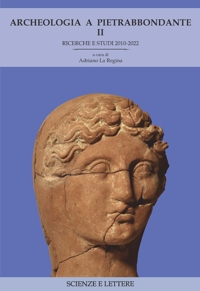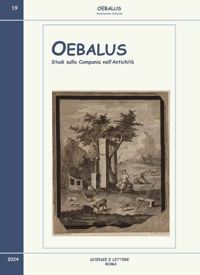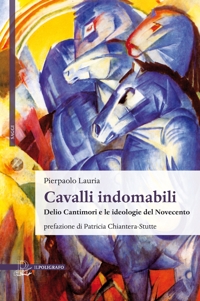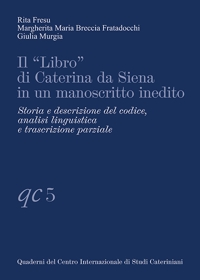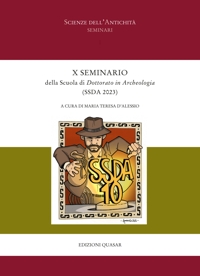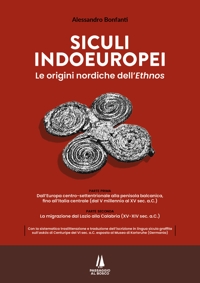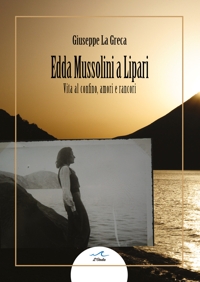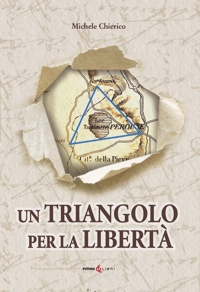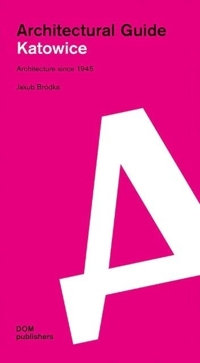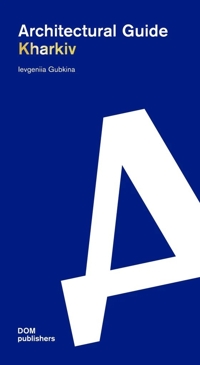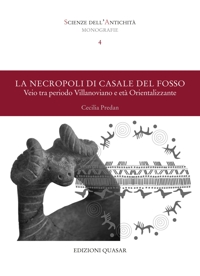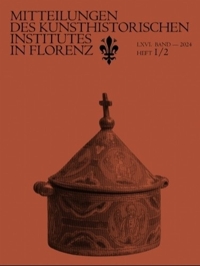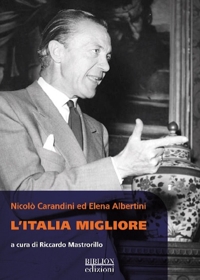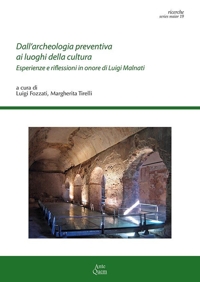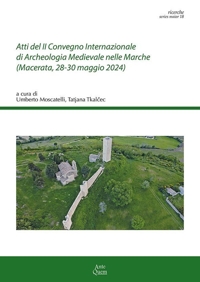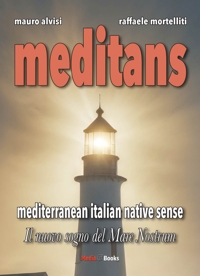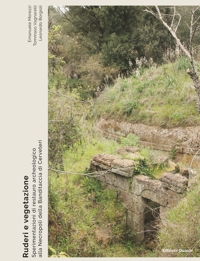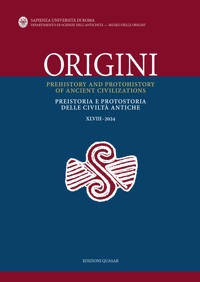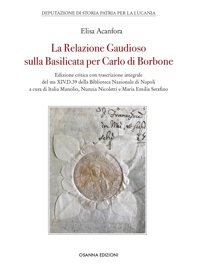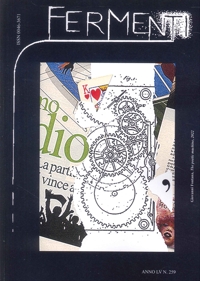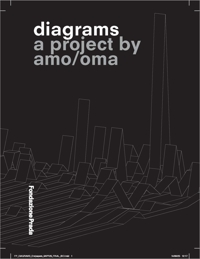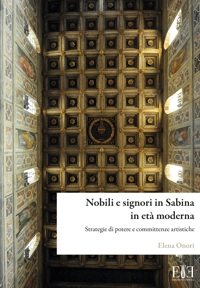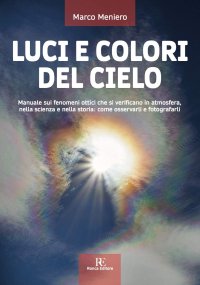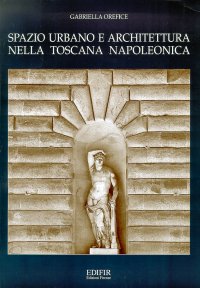Felice Palma. Massa 1583-1625. Collezione / Collection.
Texts by Andrei Cristina, Ciarlo Nicola, Federici Fabrizio, Claudio Casini and Sara Ragni.
Italian and English Text.
Pontedera, 2024; bound in a case, pp. 289, b/w and col. ill., b/w and col. plates, cm 24,5x34.
(L'Oro Bianco. Straordinari Dimenticati. The White Gold Forgotten Masters).
cover price: € 160.00
|
Books included in the offer:
Felice Palma. Massa 1583-1625. Collezione / Collection.
Texts by Andrei Cristina, Ciarlo Nicola, Federici Fabrizio, Claudio Casini and Sara Ragni.
Italian and English Text.
Pontedera, 2024; bound in a case, pp. 289, b/w and col. ill., b/w and col. plates, cm 24,5x34.
(L'Oro Bianco. Straordinari Dimenticati. The White Gold Forgotten Masters).
FREE (cover price: € 160.00)
Le botteghe del marmo
Italian and English Text.
Ospedaletto, 1992; bound, pp. 153, 10 b/w ill., 60 col. ill., cm 24x29.
(Immagine).
FREE (cover price: € 34.49)
Museo Stefano Bardini. I Bronzetti e gli Oggetti d'Uso in Bronzo
Edited by Nesi A.
Firenze, 2009; paperback, pp. 191, 102 b/w ill., 7 col. ill., cm 17x24,5.
(Museo Stefano Bardini).
FREE (cover price: € 30.00)
Bronzetti e Rilievi dal XV al XVIII Secolo
Bologna, 2015; 2 vols., bound in a case, pp. 729, ill., col. plates, cm 21,5x30,5.
FREE (cover price: € 90.00)
The Face of the Dead and the Early Christian World
Libreria Editrice Viella
Edited by Foletti I.
English Text.
Roma, 2013; paperback, pp. 192, b/w ill., cm 17x24.
(I Libri di Viella. Arte).
series: I Libri di Viella. Arte
ISBN: 88-8334-994-6 - EAN13: 9788883349942
Subject: Essays (Art or Architecture),Essays on Ancient Times,Painting,Religious Architecture/Art
Period: 0-1000 (0-XI) Ancient World,1000-1400 (XII-XIV) Middle Ages
Extra: Religion Art
Languages: 
Weight: 0.54 kg
The first part of this book looks into the portrait and its function, and the reason for which Late Antiquity, following a custom it inherited from previous eras, covered itself with individual images of the deceased. As in previous eras, the portrait appears, above all, to be an attempt to express the individual in his or her entirety; the techniques and "instruments" perfected in the course of the the 3rd century, however, lead to divergent formal and conceptual results.
The second question, answered more briefly, deals with the perception and representation of the dead body as a whole, defined by David Le Breton as "la souche identitaire de l'homme." The question asked is a fundamental one, since we are confronted with humanity itself after its passage to that which lies beyond: does the body become just a memory or does it preserve the real presence of the person who once existed?
Wirth Oswald € 14.25
€ 15.00 -5 %
Simonetti Dario € 23.75
€ 25.00 -5 %
Fabio Gigante € 25.65
€ 27.00 -5 %






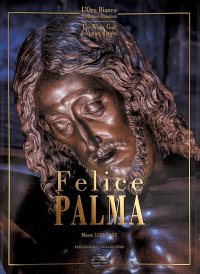

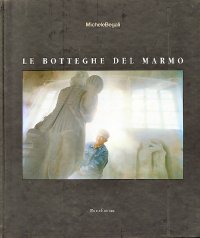
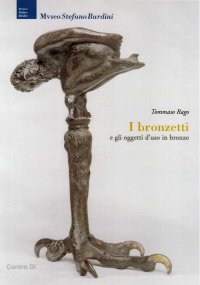

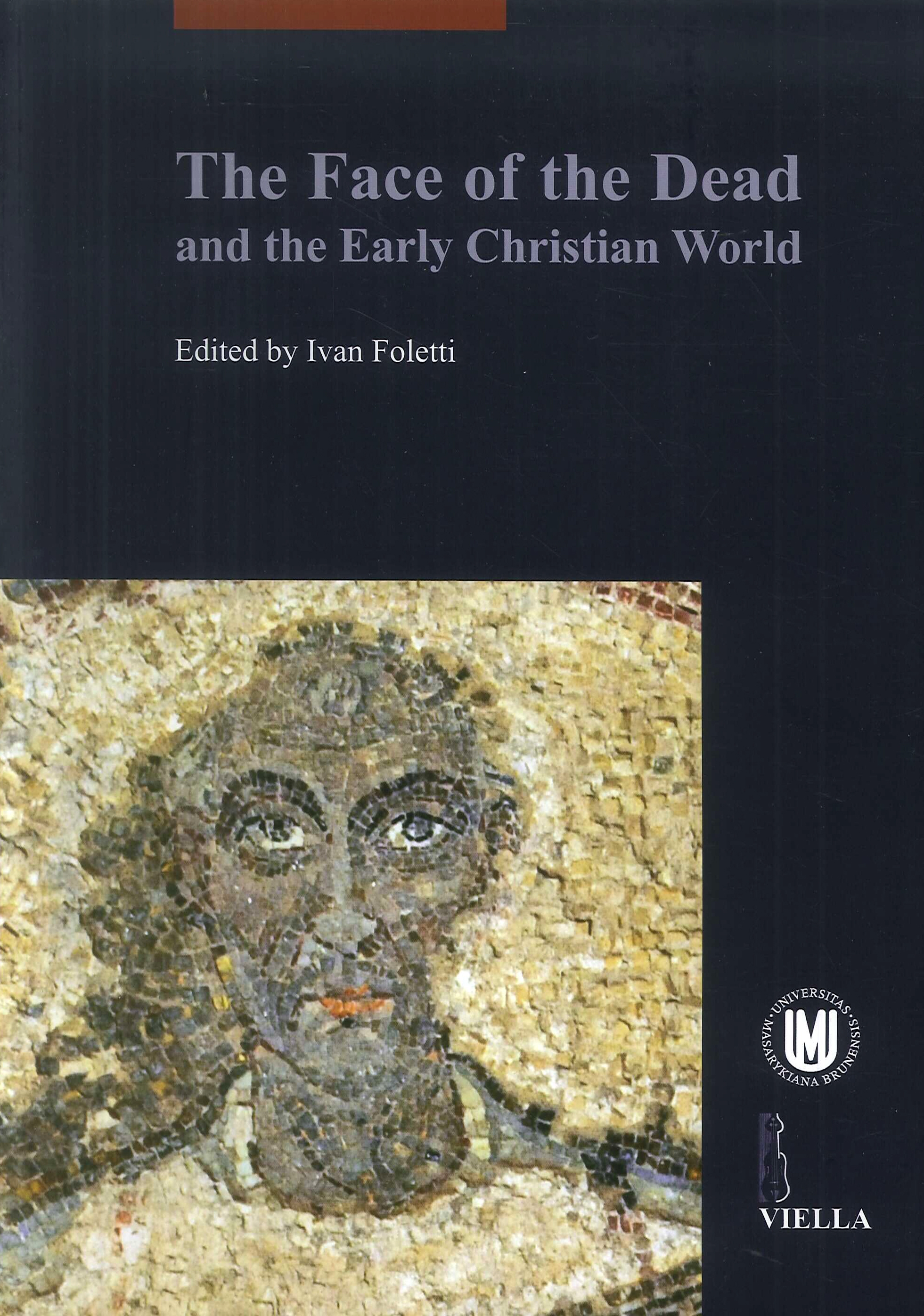

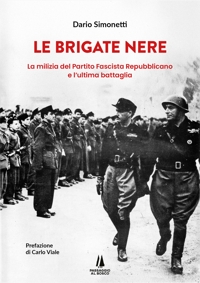
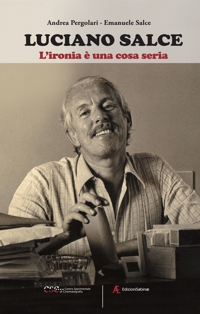
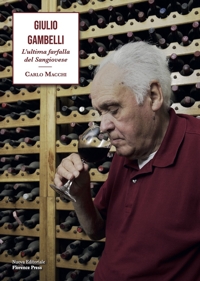
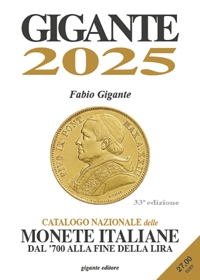
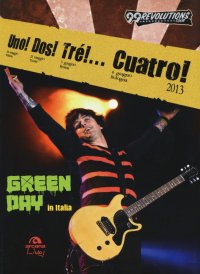
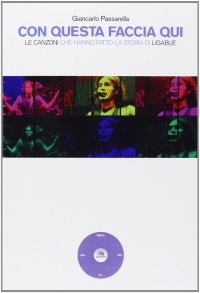
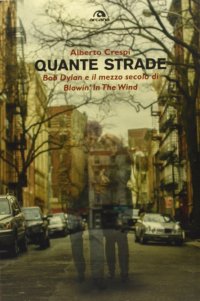

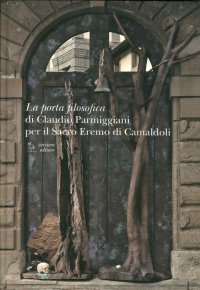



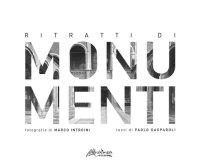
![Incantevole Puglia. Fra arte, storia e natura. [Edizione Italiana e Inglese]](https://immagini.libroco.it/copertine/IMMAGINI/3073/m-1536619.jpg)
